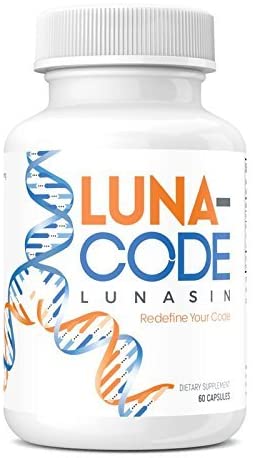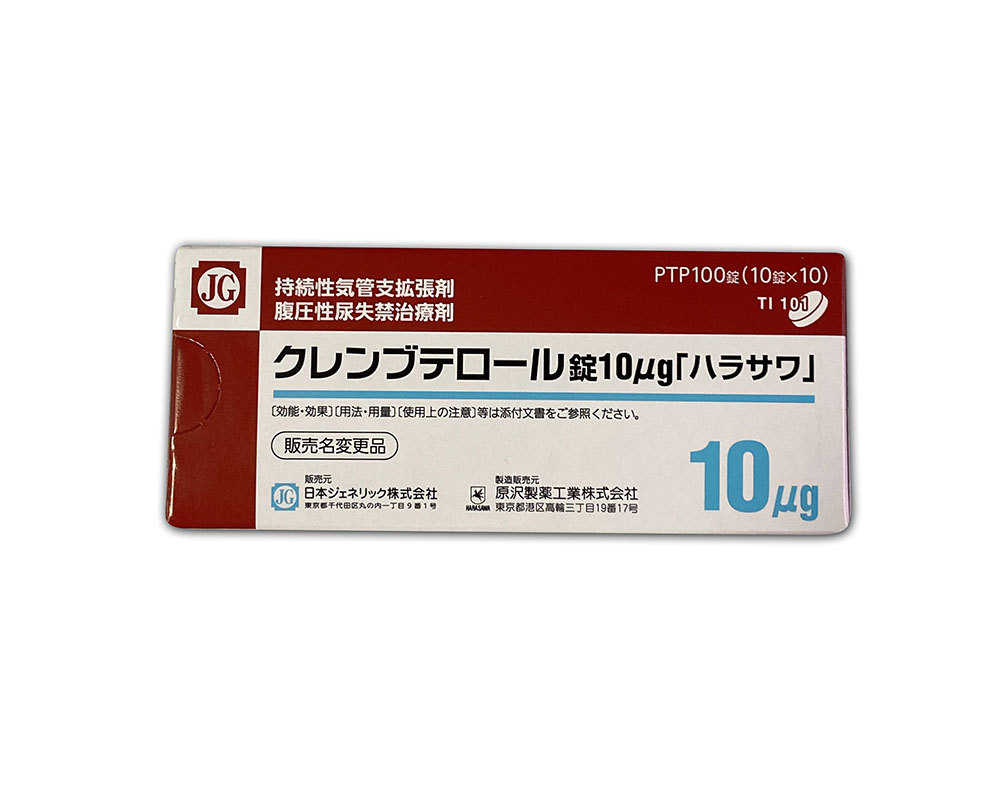Lunasin (lunasin) vs Clenbuterol ()
Lunasin (lunasin) vs Clenbuterol ()
Lunasin is a naturally occurring peptide initially discovered in soybeans, which has been studied for its potential health benefits, including anti-inflammatory and anticancer properties, and is not a conventional pharmaceutical drug. Clenbuterol, on the other hand, is a synthetic sympathomimetic amine used primarily for breathing disorders like asthma and has also been used off-label for weight loss and performance enhancement due to its properties as a beta-2 agonist. When deciding between Lunasin and Clenbuterol, it is crucial to consider the intended use, as Clenbuterol is a regulated medication with specific indications and potential side effects, while Lunasin is explored mainly for its supplemental health benefits and lacks the extensive regulation and study that govern prescription drugs.
Difference between Lunasin and Clenbuterol
| Metric | Lunasin (lunasin) | Clenbuterol () |
|---|---|---|
| Generic name | Lunasin | Clenbuterol |
| Indications | Not applicable (research compound) | Treatment of breathing disorders, off-label for weight loss |
| Mechanism of action | May influence epigenetic modifications and have anti-inflammatory, antioxidant properties | Beta-2 agonist that stimulates the adrenergic beta-2 receptors |
| Brand names | Not applicable | Spiropent, Dilaterol, Ventipulmin |
| Administrative route | Oral (as part of dietary supplements) | Oral, inhaled |
| Side effects | Limited data available | Tremors, anxiety, headaches, muscle cramps, palpitations, hypertension |
| Contraindications | Unknown | Cardiac disease, hyperthyroidism, pregnancy |
| Drug class | Not classified as a drug | Beta-2 agonist |
| Manufacturer | Not applicable | Various |
Efficacy
Lunasin and Amyotrophic Lateral Sclerosis (ALS)
Lunasin is a peptide originally identified in soybeans that has been the subject of research for its potential therapeutic effects in various conditions. In the context of Amyotrophic Lateral Sclerosis (ALS), a progressive neurodegenerative disease that affects nerve cells in the brain and spinal cord, there has been interest in lunasin due to its purported anti-inflammatory and neuroprotective properties. However, the evidence for the efficacy of lunasin in treating ALS is limited and not yet conclusive. Small-scale studies and anecdotal reports have suggested some potential benefits, but larger, well-designed clinical trials are necessary to establish its effectiveness and safety for ALS patients.
Clenbuterol and Amyotrophic Lateral Sclerosis (ALS)
Clenbuterol is a sympathomimetic amine used by sufferers of breathing disorders as a decongestant and bronchodilator. People with chronic breathing disorders such as asthma use this as a bronchodilator to make breathing easier. It is not FDA-approved for the treatment of ALS. However, its off-label use in ALS has been explored due to its potential anabolic effects, which could theoretically help in preserving muscle mass in patients with muscle-wasting diseases. Despite this theoretical benefit, the efficacy of clenbuterol in ALS has not been sufficiently demonstrated in clinical settings. Research is limited and has not provided robust evidence that clenbuterol can alter the progression of ALS or improve survival rates.
Research and Clinical Trials
For both lunasin and clenbuterol, there is a clear need for more extensive research and clinical trials to assess their efficacy in the treatment of ALS. The complexity of ALS as a disease, characterized by the degeneration of motor neurons leading to muscle weakness and atrophy, requires treatments to be thoroughly evaluated to ensure they can provide meaningful benefits. It is important for patients and healthcare providers to rely on treatments that have been proven effective through rigorous scientific study, and currently, neither lunasin nor clenbuterol meets the standard of evidence-based treatment for ALS.
Conclusion
In conclusion, while there is some interest in the potential use of lunasin and clenbuterol for the treatment of ALS, the current evidence does not support their efficacy. Patients with ALS and their healthcare providers should exercise caution and seek treatments that have been validated through clinical research. It is essential that any new or off-label treatments undergo comprehensive clinical trials to determine their safety and effectiveness before they can be recommended for use in ALS. Until such data is available, the use of lunasin and clenbuterol for ALS remains experimental and should be considered with a clear understanding of the unproven nature of their efficacy.
Regulatory Agency Approvals
Lunasin
-
Food and Drug Administration (FDA), USA

Clenbuterol
-
Pharmaceuticals and Medical Devices Agency (PMDA), Japan

Access Lunasin or Clenbuterol today
If Lunasin or Clenbuterol are not approved or available in your country (e.g. due to supply issues), you can access them via Everyone.org.
How it works

Make an enquiry
Choose the medicine you want to buy, answer a couple of questions, and upload your prescription to speed things up. We’ll get back to you within 24 hours.


Make an enquiry
Choose the medicine you want to buy, answer a couple of questions, and upload your prescription to speed things up. We’ll get back to you within 24 hours.


Breeze through the paperwork
We'll guide you through the required documents for importing unapproved medicine, ensuring you have all the necessary information.


Get a personalized quote
We’ll prepare a quote for you, including medicine costs and any shipping, administrative, or import fees that may apply.


Receive your medicine
Accept the quote and we’ll handle the rest - sourcing and safely delivering your medicine.

Some text on this page has been automatically generated. Speak to your physician before you start a new treatment or medication.
Let's talk
If you have any questions, call us or send us a message through WhatsApp or email:
Contact us




